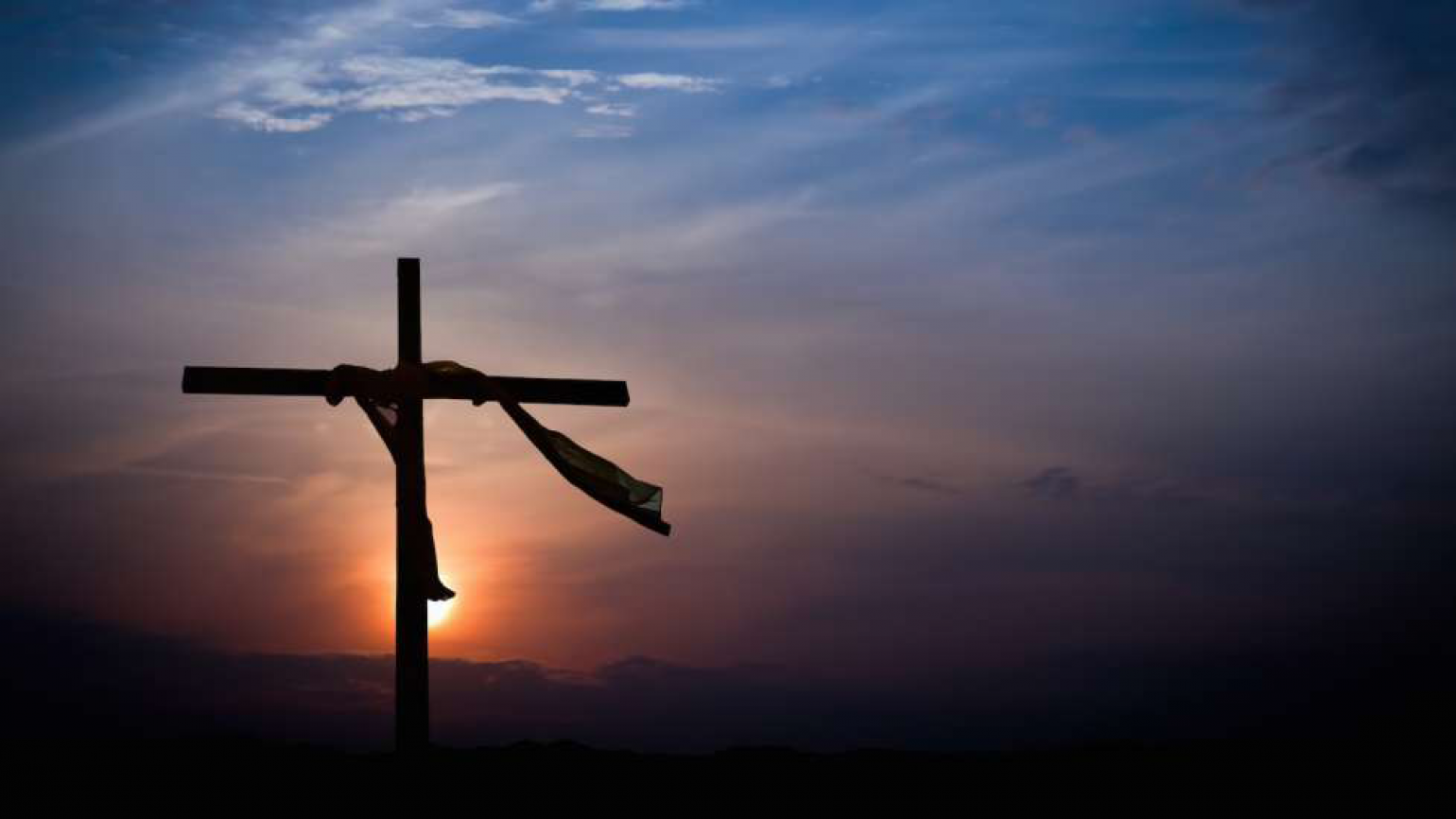 *Note: Check out our Holy Week Playlist on Spotify (linked here) as you read and reflect on the following. Today’s songs are Man of Your Word, Promises, and Lord You’re Holy.*
*Note: Check out our Holy Week Playlist on Spotify (linked here) as you read and reflect on the following. Today’s songs are Man of Your Word, Promises, and Lord You’re Holy.*
Scripture Reading: Psalm 13
Waiting, something that not many people like to do and try to avoid it all costs by ordering ahead or making reservations. Even in spaces like hospitals and offices where it is normal to have to wait, lobbies are filled with magazines and televisions to occupy our time. Then along came March of 2020, a time when we had no other choice but to be patient and completely stop the normal rhythms of our lives that kept us busy. Students were forced to learn online while their parents worked online. Senior students spent 4 years of their lives working towards a degree only to have the one ceremonial piece that made it worth it, a graduation, cancelled. Families spent months apart from each other due to travel bans and many families lost their homes due to job loss while communities of color were greatly impacted by racism and lack of adequate healthcare.
I imagine that the Israelites were no strangers to feelings of disappointment and impatience, in a lot of ways it is part of their history. While enslaved in Egypt they groaned just like in Psalm 13 “How Long Lord” waiting to be freed. Now fast forward to Jesus, a time when the Israelites are now anticipating the coming of a great conqueror to save them from the oppressive rule of the Roman empire. They are not expecting Jesus, a gentle man who spent his time with those who were deemed undesirable. In their anger and impatience they crucified him in an effort to stifle his movement and work on waiting for the next messiah.
For his disciples and family, I imagine the Saturday after Jesus’ crucifixion was debilitating and quiet. In the Jewish tradition Saturday was a day meant for rest, a day where they could not busy themselves with work or other distractions. Many of them were hiding, worried they would not suffer the same fate because of their association with Jesus. While it felt as though Jesus had ended up being a great big disappointment, there was a lot more going on. Some argue that Jesus descended into hell to defeat Satan while others argue he was there saving lost souls. Ultimately, God was working on our behalf to defeat sin and free us from death forever.
While patience is one of the hardest virtues, it is also one of the most important to our walk as believers. It is hard especially during times of trial because it feels as though God is simply ignoring our suffering while expecting us to sing his praises. However quite the opposite is going on, God is working on our behalf in ways we are not able to see yet. On this Saturday the disciples thought God had forsaken them, they like the Israelites were groaning “…will you forget me forever?”. They did not realize that God had not forgotten about them but was in fact working to save them for eternity.
Written by Guerldyn Joanem

